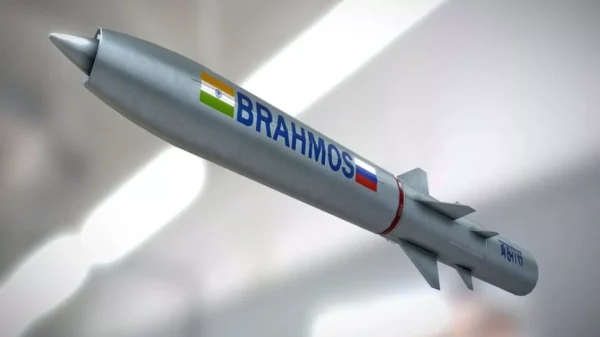ISLAMABAD: Foreign direct investment (FDI) in Pakistan has climbed by 41%, reaching $1.6 billion, fueled by strategic efforts spearheaded by the Special Investment Facilitation Council (SIFC) to drive economic growth and investor confidence.
A key factor behind this surge is the SIFC’s “single window” investment model, which has significantly streamlined interministerial coordination and project-based approvals—an approach that has fostered a more investor-friendly environment despite broader regional economic challenges.
In the first eight months of the current fiscal year, the SIFC played a central role in facilitating acquisition deals worth $148 million through strategic mergers involving prominent international firms. These investments are heavily concentrated in priority sectors such as defense, IT, energy, and agriculture.
Major transactions include:
- Saudi Aramco Asia acquiring a 40% stake in GO Petroleum, signaling robust interest from the Gulf region in Pakistan’s energy sector.
- Egypt’s MNT-Halan acquiring Advans Pakistan Microfinance Bank, injecting fresh capital into the financial sector.
- Eurochem SPA entering into a 50% joint venture with Fatima Eurochem Rice Mills, boosting agricultural sector capacity.
The petroleum retail market has also seen major activity, with foreign acquisitions of 50% in Total Parco and over 77% in Shell Pakistan, strengthening economic ties with Gulf investors.
In tech, Bazaar Technologies raised $100 million, showcasing growing confidence in Pakistan’s startup and fintech ecosystems, which continue to attract global venture capital interest.
Infrastructure is also getting a lift through a joint logistics project between National Logistics Corporation and DP World, targeting longstanding supply chain bottlenecks and paving the way for smoother trade and economic activity.
Together, these developments mark a promising shift in Pakistan’s investment landscape, as targeted reforms and international partnerships drive sustainable growth and economic resilience.










